Affiliate links on Android Authority may earn us a commission. Learn more.
12 common phone scams and how to avoid them
August 24, 2024

Phone scams are on the rise, and they’re getting more sophisticated. The statistics are dizzying. On imposter scammers alone, the FTC reports that US consumers lost $2.7 billion in 2023, and the numbers are increasing each year. These are only the reported losses, too — many people who’ve been caught out are embarrassed and don’t want to admit they fell for such a ploy.
You might think that you wouldn’t be hoodwinked, but many of the people who are duped thought that before it happened. Scammers have refined their schemes to sound very convincing and official, with AI only making things worse. Couple that with the pressure or a situation, and it only takes a few moments to fall for it.
It’s likely you’ll encounter phone scams sooner or later, and the best thing you can do is be prepared for them. We’ve put together a summary of some of the most common phone scams in 2024 and how you can avoid them.
We’re just addressing phone and text scams in this article, which doesn’t even cover other ways you could be scammed via your phone, such as phishing, Venmo scams, SIM swapping, WhatsApp scams, and so on.
Common phones scams
1. Loved one in need

What’s the scam?
This is a popular approach for fraudsters as it plays to your emotional response, and it comes in different forms. It can be a phone call to an elderly person — often known as the grandparent scam. A youth on a low-quality line will claim to be the grandchild of the target and be in some immediate financial difficulty, like having lost their wallet abroad. It’s also common as a text message from an unknown number saying something like, “Hey Dad, I’m in trouble. I lost my phone and need money,” then going on to explain that’s why they’re using an unfamiliar number to make contact.
In every case, the scam aims to fool the recipient into thinking they’re sending money to a loved one in need. The urgency of the situation presented is intended to elicit this reaction before the mark has really considered the situation properly.
How do you avoid it?
While you obviously want to help if it’s a genuine emergency, you shouldn’t give any money to someone contacting you in this way unless you can confirm that they are who they claim to be. Even if you have a relative who could be in that situation, take the details from the caller and hang up. Try to contact the person or another family member to verify the claim. If you’re still unsure, you could attempt to get the person on a video call.
2. Government agent
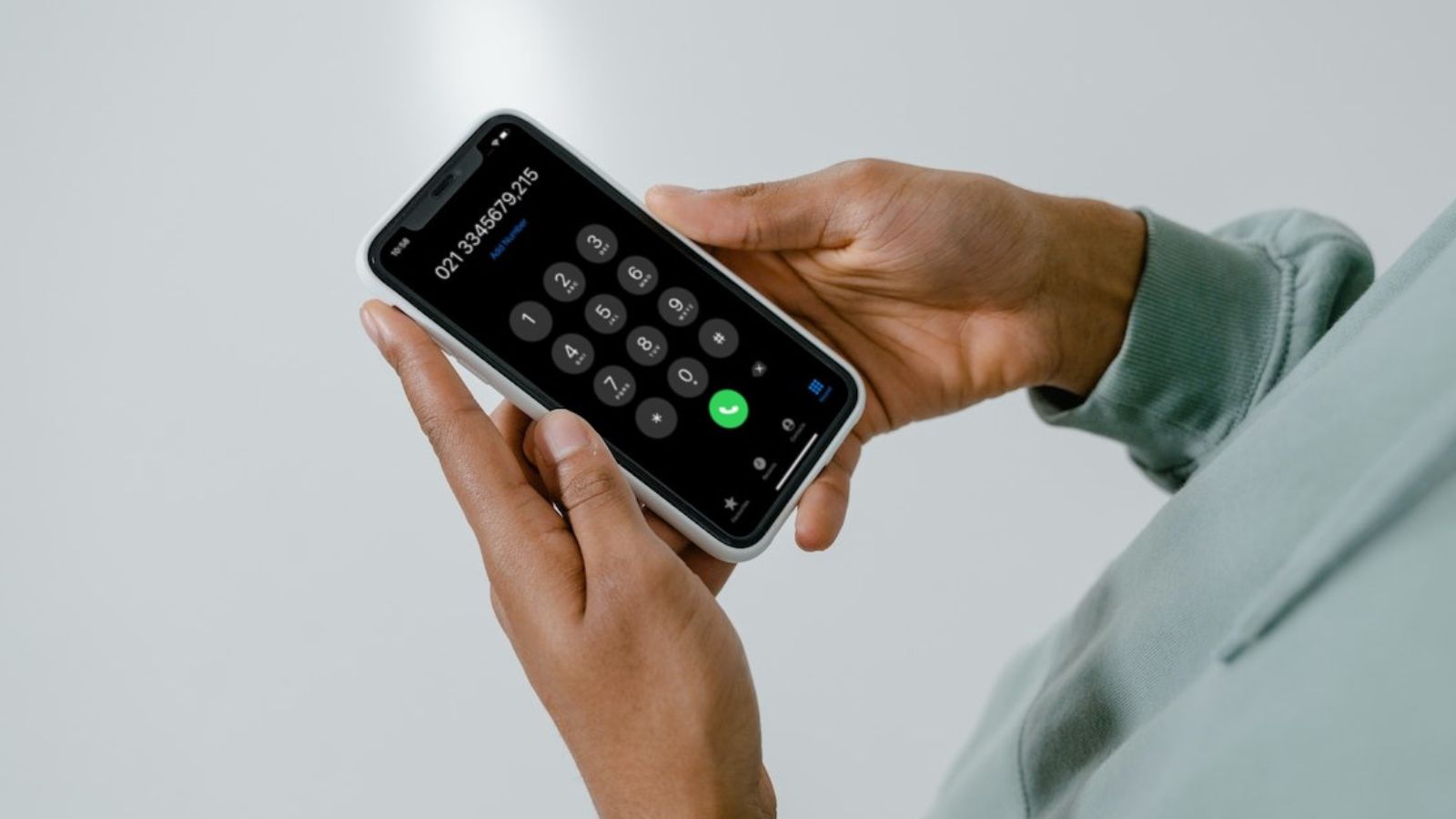
What’s the scam?
This is one of the most common phone scams because it makes you think you’re in immediate trouble, either with the government or with someone else who a government agency can help you with. It’s often an FBI Impersonator, but it can also regularly be someone claiming to be from the IRS, Customs and Border Protection, and so on. An extraordinary example of this scam in action went viral in The Cut earlier this year, which culminated in the publication’s financial analyst, of all people, handing over $50,000 in a shoebox to a scammer.
These scams typically begin with a call from someone claiming to be a government agent. The caller’s phone number may even appear to be from a legitimate government office, thanks to a technique known as spoofing, which manipulates caller ID information to make the number seem official. The scammer will often state that the victim is under investigation for a serious crime, ranging from tax evasion to more severe offenses like money laundering or even terrorism. The caller may assert that an arrest warrant has been issued or that immediate legal action is pending unless the matter is resolved promptly.
The scammer usually demands immediate payment, supposedly to clear the issue or avoid further penalties. This payment is often requested in the form of wire transfers, prepaid debit cards, or gift cards — methods that are nearly impossible to trace and recover once sent. They might also advise the victim to keep the matter confidential, falsely claiming that speaking to others or seeking legal advice could worsen the situation.
How do you avoid it?
Be skeptical. These agencies don’t call you on the phone asking for an immediate payment, especially not via the unconventional methods mentioned above. Don’t give them your Social Security number or financial information, and resist pressure tactics. Scammers rely on fear and urgency to push victims into making quick decisions.
If you have any doubts, hang up and independently look up the official phone number for the agency from a reputable source, like the government website. Call them and ask about your case. If they are trying to contact you, they will have a record. If not, you won’t be the first person to call them about a shady exchange.
3. Bank or credit card company

What’s the scam?
This one works in a very similar way to the government agent scam. The call will be from someone claiming to be from your bank or credit card company and may have a spoofed number to make it seem that way. posing as an employee, the scammer claims there’s suspicious activity on your account and needs to verify your identity. They might ask for sensitive information like your account number, PIN, or Social Security number under the guise of protecting your account. The urgency they create is intended to make you act quickly, and once they have your information, they can access your accounts and steal your money.
How do you avoid it?
Unlike the government agent phone scams, your bank can sometimes call you if there’s an issue, making this less of a red flag. However, banks will never ask for sensitive information like your PIN or passwords over the phone. If you receive a suspicious call, hang up and contact your bank directly using a number you know is legitimate. Be wary of any caller who pressures you to act quickly, and always go directly to your bank’s website rather than following links provided in texts.
4. Virtual kidnapping

What’s the scam?
These terrifying schemes involve the scammer trying to convince you that a loved one has been kidnapped and demanding a ransom for their release. The scam usually starts with a frantic phone call from someone claiming to have abducted a family member. The caller may even have someone in the background screaming or crying, adding to the realism. They quickly demand that you wire money or use other untraceable methods to pay the ransom, warning against contacting the police.
AI and the fact that there are more videos online of us than ever have made this scam even more plausible in recent years. Sometimes the call can appear to actually be from your loved one, with the voice spoofed using these techniques.
How do you avoid it?
These calls are meant to induce panic, so stay calm if you receive one. Ask the caller specific questions that only your loved one would know, and try to contact the supposed victim directly to confirm their safety. Resist pressure to act immediately and avoid making any payments before verifying the situation. Report it to the police so that they can assist in determining if the threat is real. It’s much more likely to be a scammer if they try to keep you on the line for a long time while convincing you to pay. As always, this is a tactic to prevent you from thinking more critically, whereas real kidnappers will try to keep ransom calls short.
5. Online accounts
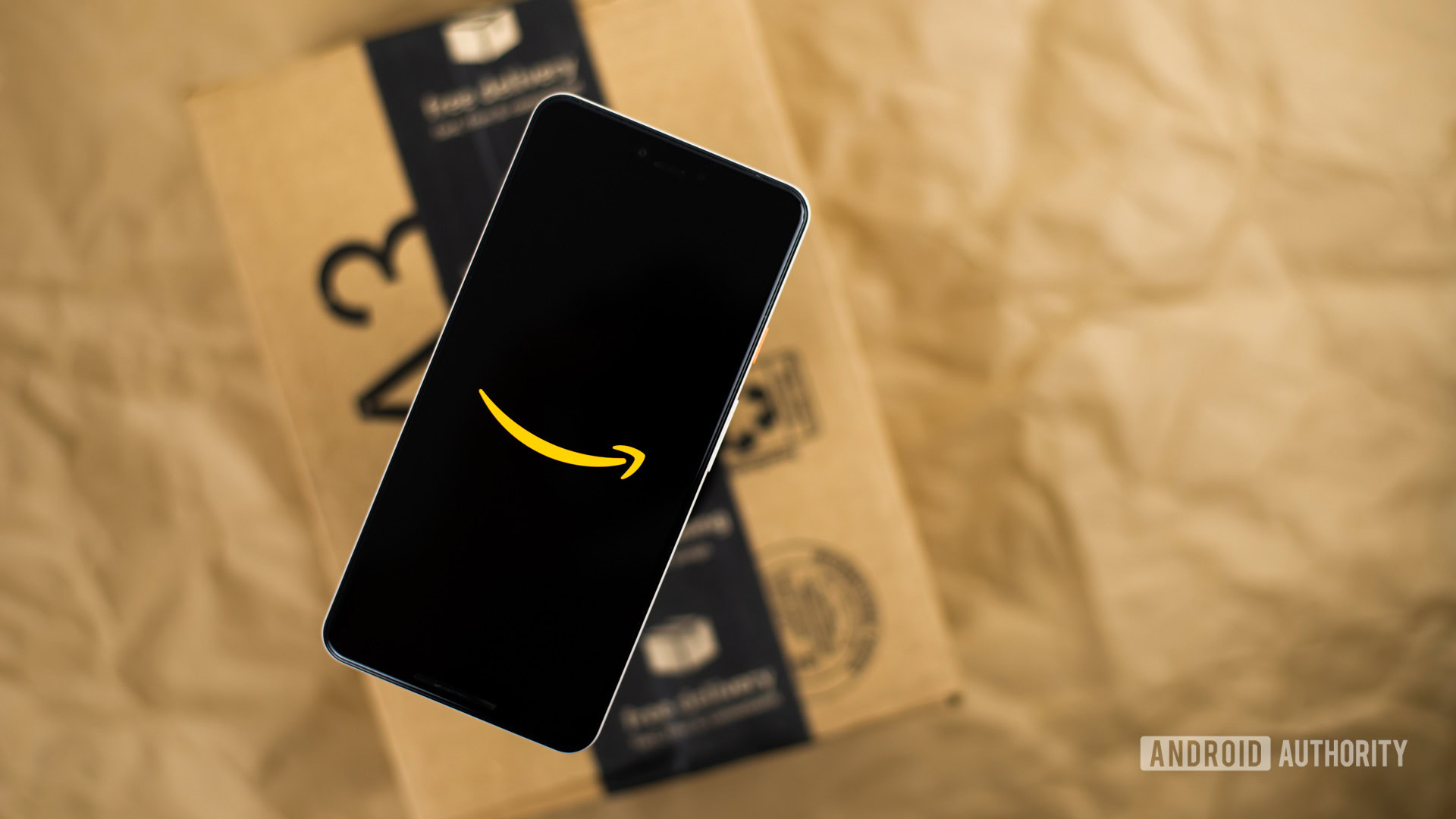
What’s the scam?
This approach is like the commercial equivalent of the bank employee scam, often related to your Amazon account or another online account. It can be done via phone calls or texts, as well as the suspicious emails you’ll have probably received at some point. In the case of Amazon, the scam often starts with an unsolicited phone call or text message claiming there’s an issue with your Amazon account, such as a suspicious purchase or a problem with a recent order. The scammer might ask you to confirm account details or provide payment information to resolve the issue. In some cases, they direct you to a fake website that looks like Amazon’s, where they capture your login credentials or credit card information.
How do you avoid it?
Be cautious of any unsolicited communication claiming to be from Amazon, especially if it asks for personal information or payment details. Instead of clicking on links in texts, go directly to Amazon’s website by typing the URL into your browser. If you receive a suspicious call, hang up and contact Amazon directly through their official customer service channels.
6. Jackpot

What’s the scam?
These classic phone scams involve the fraudster calling to inform you that you’ve won a prize, lottery, or sweepstakes — often something grand like a large sum of money or a luxury vacation. They’ll then tell you that before you can claim your prize, you’ll have to pay a fee for taxes, processing, or shipping. The excitement of winning is used to cloud your judgment and not think about how real the prize is, even though you can’t remember entering the competition.
How do you avoid it?
Remember that legitimate lotteries and sweepstakes never ask winners to pay upfront fees to claim a prize. Be skeptical, especially if you tend not to enter competitions like this, and never provide personal or financial information over the phone to an unsolicited caller. Even if you think there’s a chance that the jackpot could be genuine, hang up and research the organization or lottery independently, then make contact through the official channels.
7. Tech support
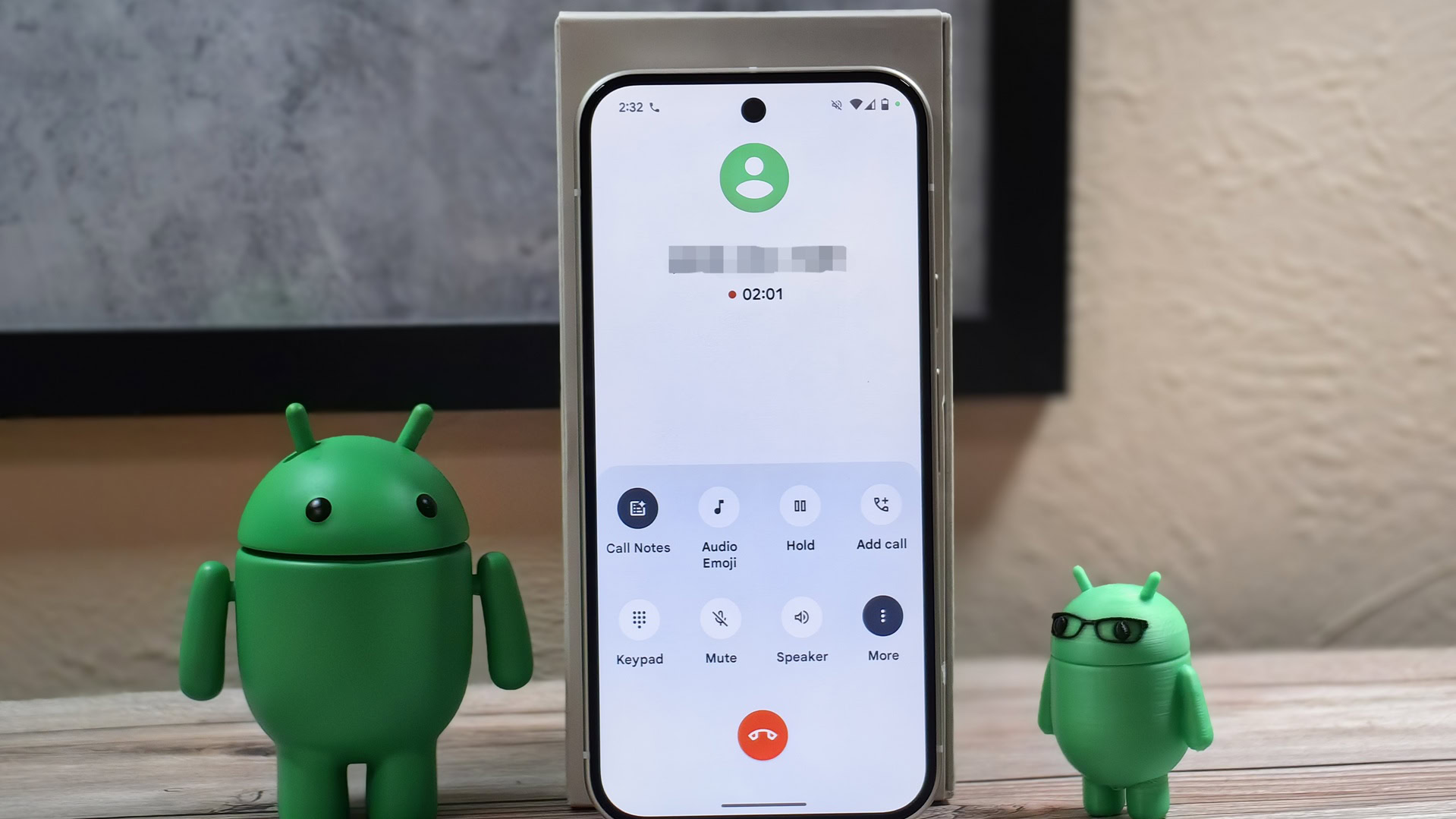
What’s the scam?
Tech support scams typically involve a scammer posing as a representative from a well-known tech company, like Microsoft or Apple, claiming that your computer is infected with a virus or has a critical issue that needs immediate attention. You’ll receive an unsolicited phone call warning you of a supposed security threat. The scammer instructs you to grant them remote access to your computer, allowing them to fix the problem. Once they have access, they may install malicious software, steal personal information, or demand payment for unnecessary services.
How do you avoid it?
Legitimate tech companies don’t contact customers this way or ask for remote access to your device, and they don’t monitor your PC for viruses like this. Don’t help give them remote access, avoid clicking on any links or calling any numbers provided, and never provide payment or personal information to someone you did not contact yourself. If you have concerns, hang up and run a trusted antivirus program. You can also contact the company directly using official contact information from their website. Again, you won’t be the first person to contact the company in this way, and they’ll probably provide you with further assurance that it’s a scam.
8. Job offer

What’s the scam?
A call is only the first step of this elaborate phone scam. It often targets people who have listed their services online, such as a nanny or freelance designer, but it can also involve a seemingly legitimate job posting by the scammer that promises good pay and flexible hours. Whether you express interest in the position or are contacted about your services, the scammer quickly offers to hire you and sends you a check or money order. They claim this payment covers your salary and other expenses like equipment, supplies, or travel costs. The scammer then asks you to deposit the check and transfer part of the money to another person or pay for something on their behalf, often urging you to do so quickly.
Once you deposit the check, it might initially appear to clear, but after a few days, it bounces as the bank realizes it’s fraudulent. By that time, you’ve already sent the money, which is difficult to recover. You’re left with no job and a significant financial loss, as the bank holds you responsible for the funds from the bounced check.
How do you avoid it?
A job offer that seems too good to be true should raise red flags in your mind. Be wary of employers who rush to hire you, especially if they offer payment before you’ve started working or without a formal interview process. Never accept checks or money orders from a new employer who asks you to forward money or make purchases on their behalf. Always ensure that a check has fully cleared with your bank before using the funds, and avoid sending money to anyone you haven’t met in person or verified through legitimate channels. An employer offering a generous salary is very unlikely to also ask you to make a payment for them, especially before you’ve met in person.
9. Money-making schemes
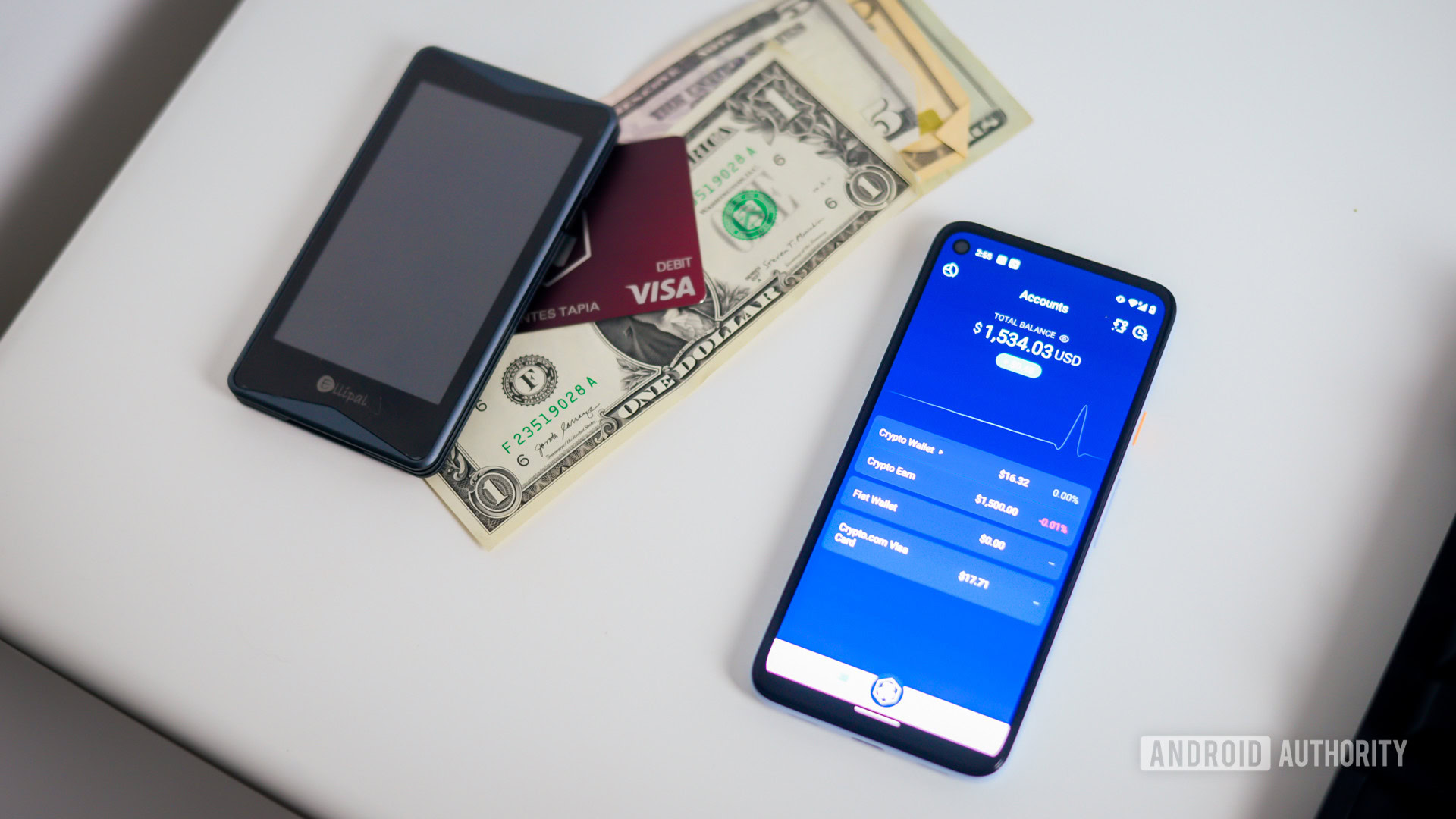
What’s the scam?
There are many variations of these deceptive schemes, which promise easy money in exchange for an upfront investment or participation in a dubious program. These scams are often advertised online or by email but are sometimes offered via a phone call. It could be a work-from-home job, a get-rich-quick scheme, or some type of high-yield investment opportunity. Pyramid schemes or stock and cryptocurrency investments are often the focus.
Whatever it is, you’ll be asked to pay or invest something upfront, with the assurance that you’ll soon earn back your investment and more. Some of the more sophisticated ones may even start paying you out something over time, hoping that you’ll consider it legitimate and put more in. Eventually, the scammers will disappear with your cash.
How do you avoid it?
Be skeptical of any opportunity that promises guaranteed or unusually high returns with minimal effort. Even if you’re curious, hang up and research the company or individual offering the opportunity thoroughly, looking for reviews, complaints, or warnings online. Requiring you to pay money upfront or purchase expensive kits or training materials is a red flag, and you should consult with a financial advisor before committing any money to an investment.
10. One-ring call

What’s the scam?
These simple phone scams lure you into calling back a phone number that appears as a missed call. These calls often come from unfamiliar or international numbers and are designed to ring only once or twice — just enough to trigger your curiosity. When you return the call, you’re unknowingly connected to a premium-rate number. There may even be a person trying to keep you on the line as the charges quickly add up. The fraudsters also now know that you’re receptive to cold approaches like this.
How do you avoid it?
Resist the urge to call back any unfamiliar number, especially if it’s from an international area code you don’t recognize. If it’s important, they’ll leave a message or call back. Be particularly cautious of calls that ring only once or twice before disconnecting. If you suspect a scam, search the number online to see if others have reported it as fraudulent.
11. Donation request

What’s the scam?
These phone scams exploit your generosity by posing as legitimate charities or causes. On the charity side, they arise more often in the wake of natural disasters, tragedies, or during the holiday season. It could also be someone asking for a donation to a political party, especially as big elections approach. They’ll try to convince you to donate funds and might use emotional appeals or high-pressure tactics to encourage you to act immediately. You can be directed to a fake website or asked for payment via untraceable methods. Either way, your money doesn’t go where you believed it would.
How do you avoid it?
You should always research any charity or organization before donating and use trusted resources like Charity Navigator to verify the legitimacy of a charity. If you do want to donate, go directly to the charity or organization’s official website. If you’re contacted by phone, ask for detailed information in writing before making a donation.
12. Can you hear me?

What’s the scam?
In this ploy, the scammer calls you and immediately asks, “Can you hear me?” The goal is to get you to respond with “Yes.” This seemingly innocent response is then recorded and used by the scammer to authorize charges on your credit card or sign you up for unwanted services, as they can manipulate the recording to make it sound like you agreed to something. The scammer may pose as a representative from a legitimate business or organization to sound convincing.
How do you avoid it?
If this is the first question you’re asked, you could hang up or avoid saying “yes.” You could confirm another way, like saying, “I can hear you fine.” If you suspect you’ve already been targeted by this scam, monitor your bank and credit card statements for any unauthorized charges and report any suspicious activity to your financial institutions.
How not to get scammed

As you can see, phone scams come in many forms. We pointed out how each individual scam can be avoided, but you’ll have also noticed that there are some common rules of thumb you can use to protect yourself from falling victim to them. Just choosing to never answer the phone works for some people, but you shouldn’t feel that you have to go that far! Here are some general strategies:
- Be skeptical of unsolicited calls: If you receive a call from someone you don’t know, especially if they are asking for personal information or payment, be cautious. If something feels off, trust your instincts and don’t engage further.
- Verify the caller: If someone claims to be from a well-known company, government agency, or charity, don’t take their word for it. Hang up and contact the organization directly using a phone number you know is legitimate, such as one from their official website or a recent bill. Never use the contact information provided by the caller.
- Avoid sharing personal information: Never give out sensitive information like your Social Security number or banking information over the phone unless you are absolutely certain of the caller’s identity and the reason for the request. Legitimate organizations won’t ask for this information over the phone in unsolicited calls.
- Don’t be pressured by urgency: Scammers often create a sense of urgency to make you act quickly without thinking. Whether they’re threatening legal action, promising a prize, or warning of a security breach, take a step back and consider whether the request makes sense. Again, legitimate organizations won’t pressure you in this way.
- Be wary of payment requests: If someone asks you to pay by gift card, wire transfer, or any other untraceable method, it’s almost certainly a scam.
- Monitor your accounts: Regularly check your bank and credit card statements for unauthorized charges. If you suspect you’ve been scammed, contact your bank immediately to dispute the charges and protect your accounts.
How to report phone scams
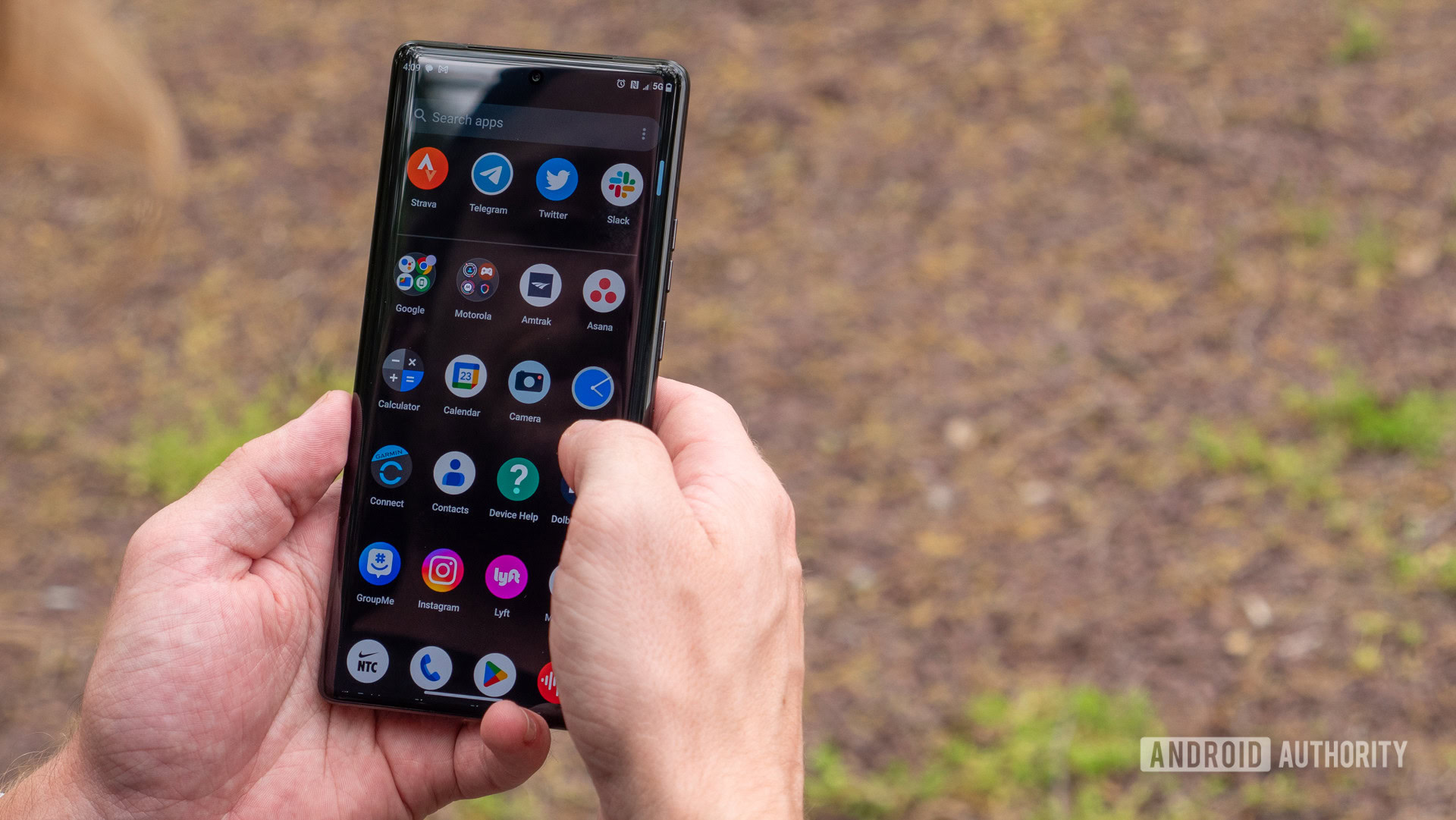
Avoiding scams is the main thing, but reporting them is also important. It may stop any scheme that targeted you from succeeding, and it also alerts the relevant authorities to the practice. Who you should report it to partly depends on the type of scam, but here are the main options you have in the US:
- Federal Trade Commission (FTC): The FTC is the primary agency that handles consumer complaints about scams. It collects data on the methods and uses it to identify trends and take action against scammers.
- Federal Communications Commission (FCC): If the scam involves a phone call, especially if it includes robocalls or spoofing, you can report it to the FCC.
- Your bank: If you provided financial information during the scam, contact your bank or credit card company immediately. They can help you monitor for unauthorized transactions, dispute fraudulent charges, and secure your accounts.
- Local law enforcement: If you’ve been the victim of a scam, it’s also a good idea to file a report with your local police department. While they may not be able to recover your losses, having a report on file can be helpful if the scam is part of a larger investigation.
- Consumer protection agencies: Depending on your location, you may also want to report the scam to your state’s consumer protection agency or attorney general’s office. These agencies often have specialized units that deal with fraud and can provide additional assistance.
- Scam reporting platforms: Many online platforms and consumer watchdog organizations have tools for reporting scams. Websites like the Better Business Bureau’s Scam Tracker, AARP’s Fraud Watch Network, and the National Do Not Call Registry allow you to report scams and see what others have experienced.
- Other people: Share your experience with people you know and on social media to warn others about the scam. Public awareness is one of the best defenses against scammers.
FAQs
Signs of a scammer include asking you for money, applying time pressure in paying, requesting it in untraceable payment methods, and much more. We go into it above.
Thank you for being part of our community. Read our Comment Policy before posting.